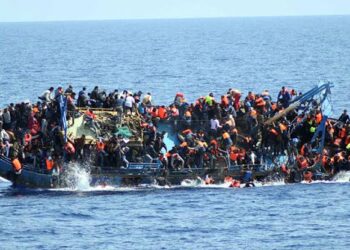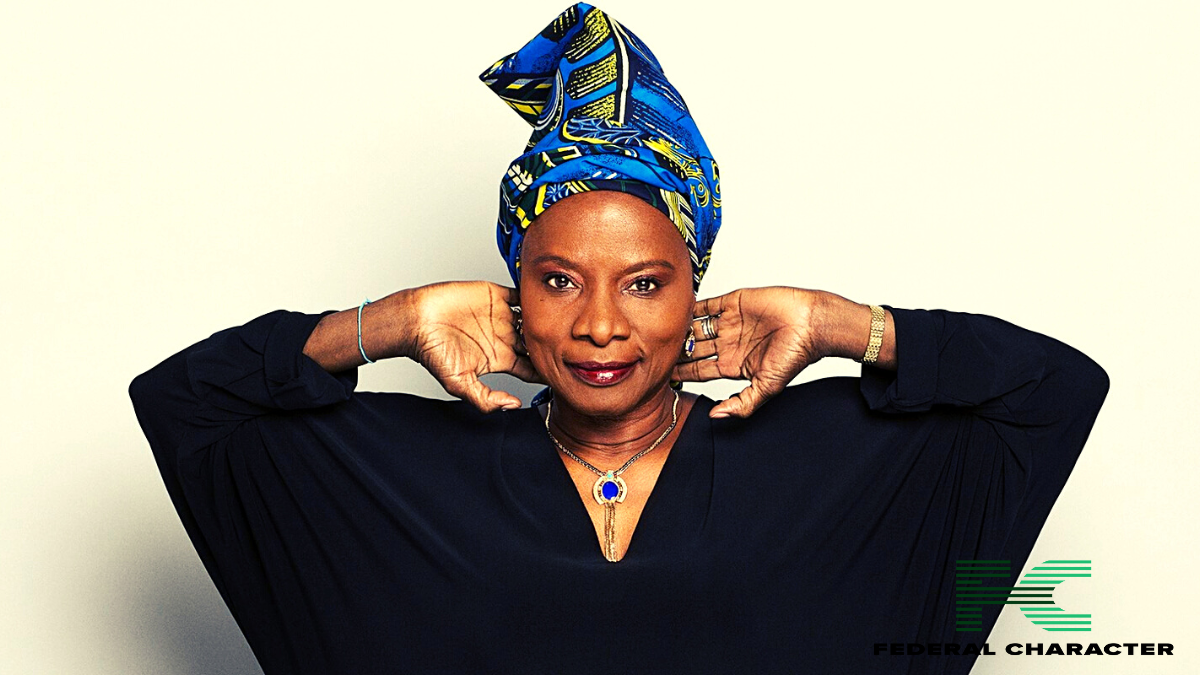According to an official who spoke to AFP, Libya returned 369 undocumented migrants, including more than a hundred women and children, to Nigeria and Mali on Tuesday.
According to Mohammed Baredaa, the head of the interior ministry unit in Libya entrusted with stopping irregular migration, two flights carrying 204 Nigerians and 165 Malians were sent back home.
He said among the Nigerian illegal migrants were 108 women, nine newborns, and eighteen juveniles.

The UN agency’s “voluntary humanitarian return programme” gives free return flights to migrants and assists them in reintegrating into their home nations.
However, other migrants told AFP on Tuesday that they were being forcibly deported.
“Libyan authorities came at night and broke down the door,” claimed Hakim, a Nigerian who has resided in Libya for 25 years and refused to reveal his surname.
He claimed they took his passport before detaining him and his wife for repatriation.
Following the long-term ruler Moamer Kadhafi’s overthrow in 2011 with NATO support, Libya is still attempting to recover from years of conflict and instability.
Since then, the huge nation has been controlled by an unstable environment, which has been exploited by smugglers and human traffickers.
The treatment of migrants and refugees in Libya has drawn criticism from human rights organisations, which have accused the country of anything from extortion to enslavement.
Located approximately 300 kilometres (186 miles) away from Italy, it serves as a major hub for migrants who, mostly from sub-Saharan African nations, face treacherous sea voyages over the Mediterranean Sea in search of better opportunities in Europe.
Many, however, have become stuck in Libya as a result of the European Union’s and Libya’s increasing attempts to stop illegal migration.
Authorities in Libya reported earlier this month that up to 4/5 of foreign nationals living in the North African nation lacked proper documentation.
“It’s time to resolve this problem,” Interior Minister Imad Trabelsi stated at the time, adding that Libya had transformed from a “transit country to a country of settlement,” which he found “unacceptable.”
In Essence
The deportation process, particularly reports of forced removal and mistreatment, raises significant human rights concerns. Libya’s track record regarding the treatment of migrants has been criticized by human rights organizations for abuses, including extortion and enslavement. Ensuring the humane treatment of migrants and adherence to international human rights standards is important.
The EU’s collaboration with Libya to curb illegal migration is controversial, as it involves supporting Libyan authorities that have been accused of human rights abuses.

















